detail profile araci esteves
Peran Yang Di Mainkan Araci Esteves
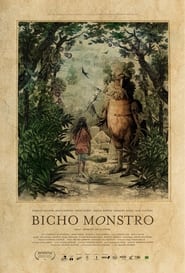 In a rural village colonized by...
In a rural village colonized by...Monster Story 2024
In a rural village colonized by Germans, little Ana watches a play about the history of the Thiltapes. It is a dangerous animal that lives in the forest, and no one knows its real form. Two hundred years earlier, a botanist who writes about the region hears about this same animal. The stories intertwine, both in an obsessive search for the imaginary Thiltapes, while at the same time facing their own demons: the weakened botanist eager for a discovery that will justify his trip and Ana intrigued by her father, suspected of having committed a brutal crime against a neighbor’s cow.
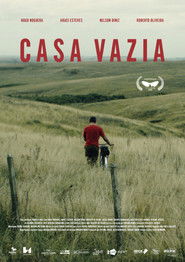 Ral is an unemployed cattleman that...
Ral is an unemployed cattleman that...Empty House 2021
Raúl is an unemployed cattleman that lives in an isolated house on the fields. The landscape of pastures is being superimposed by huge soy plantations. Devastated by poverty, he joins a gang of other peasants that steals cattle during the darkness of the nights on the pastures.
 In a love story set in...
In a love story set in...Oriundi 2000
In a love story set in Curitiba, Southern Brazil, a patriarch witnesses the crumbling of his life-long family business at the hands of his descendants. Suddenly Sofia appears. Is she from this world, and is she the key to this family's happiness and their hope for survival?
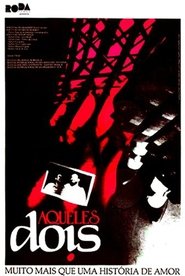 Raul and Saul work at the...
Raul and Saul work at the...Aqueles Dois 1985
Raul and Saul work at the same office. Raul, outgoing and good-natured, comes from a broken marriage. Saul is shy, with a critical and bitter disposition, is recovering from a failed suicide attempt. In spite of their differences, they become quite good friends. But their colleagues begin to wonder whether there's something beyond friendship between them.
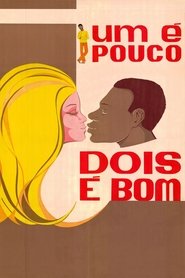 Um Pouco Dois Bom is a...
Um Pouco Dois Bom is a...One Is Few, Two Would Fill 1970
Um é Pouco, Dois é Bom is a Brazilian film, with an urban theme, produced and filmed in Porto Alegre, Rio Grande do Sul, in 1970. The film is divided into two parts (Com um Pouquinho de Sorte and Vida Nova Por Acaso) that have different character cores and independent narrative structures.
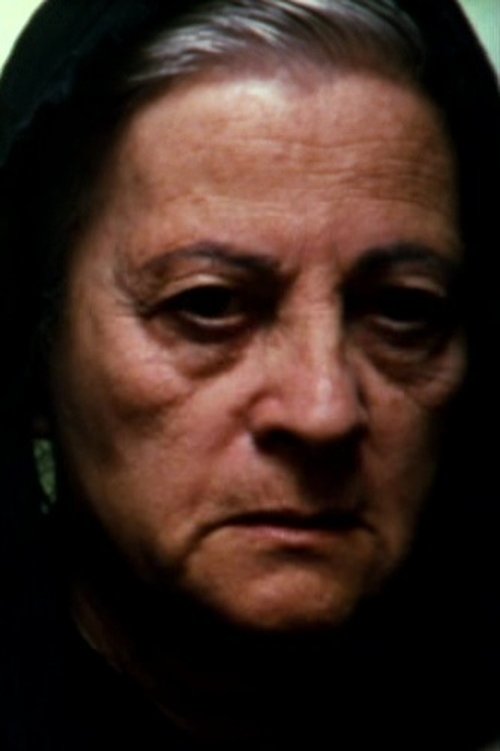
 Batavo is a simple man living...
Batavo is a simple man living...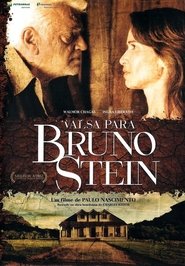 Bruno Stein and his family live...
Bruno Stein and his family live... In the 19th century rich farmer...
In the 19th century rich farmer...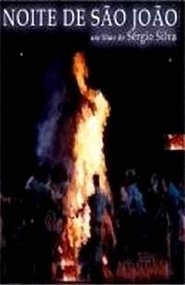 An arrogant young woman the landowners...
An arrogant young woman the landowners...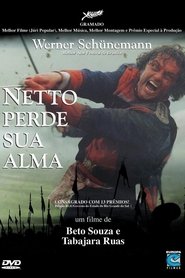 The story of a man who...
The story of a man who...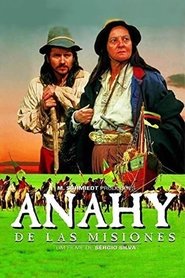 Told by gauchos from Brazil Argentina...
Told by gauchos from Brazil Argentina... The friendship between four men is...
The friendship between four men is...
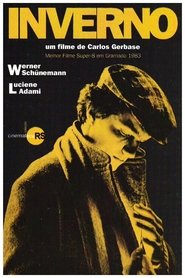 At 24 our hero is a trained...
At 24 our hero is a trained...